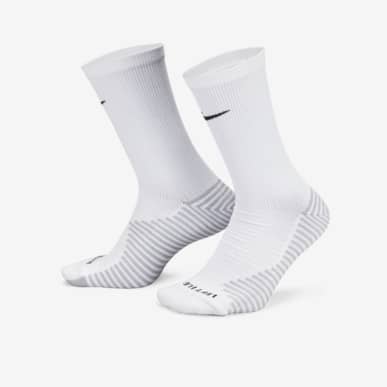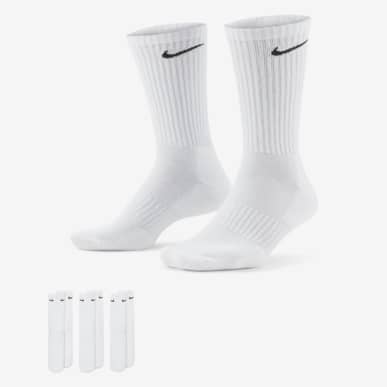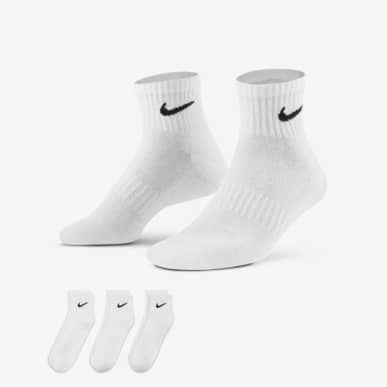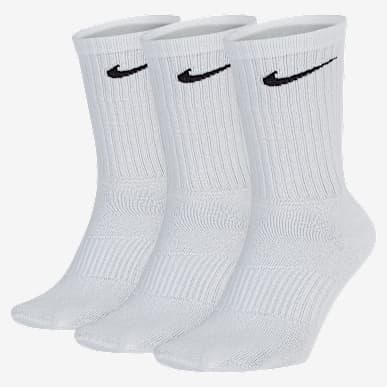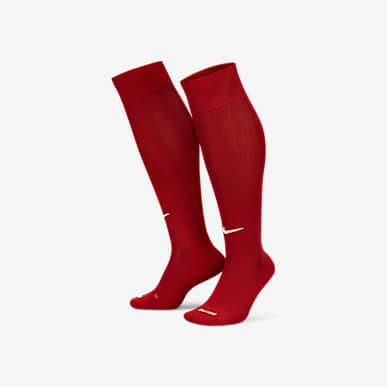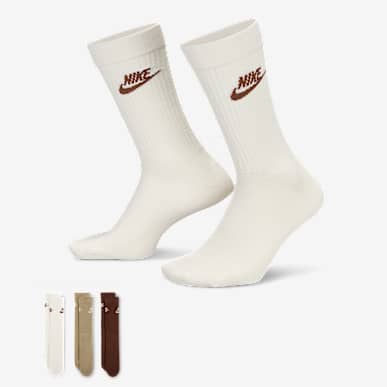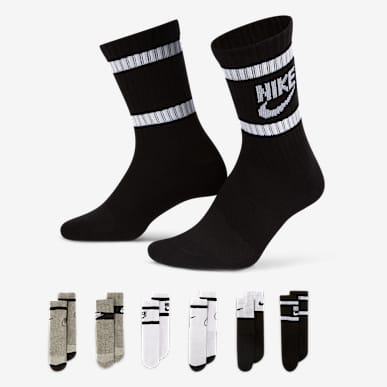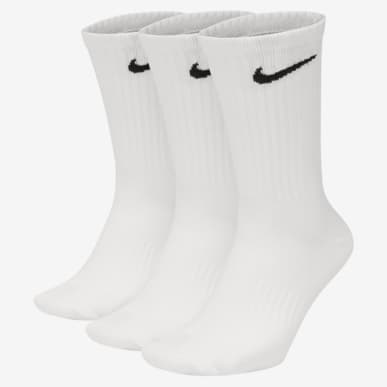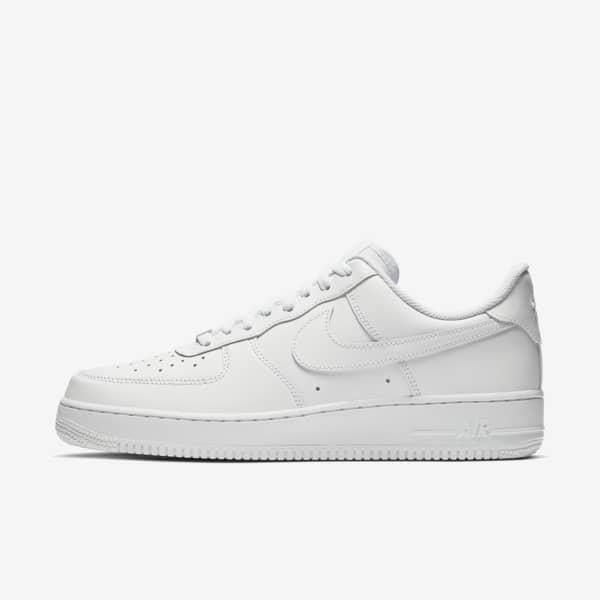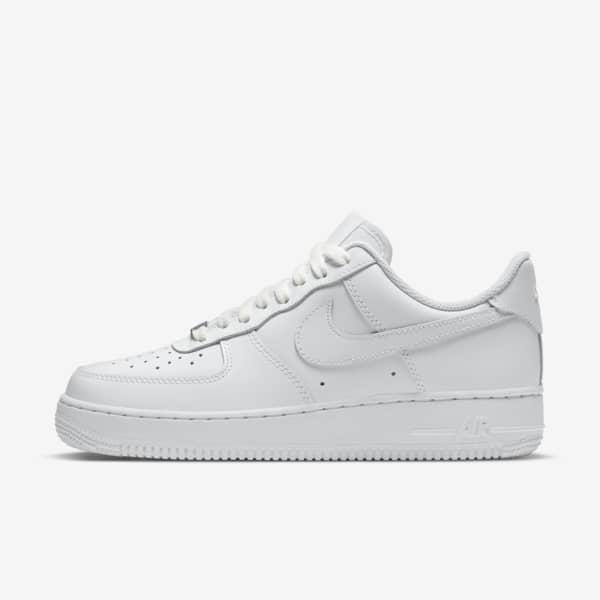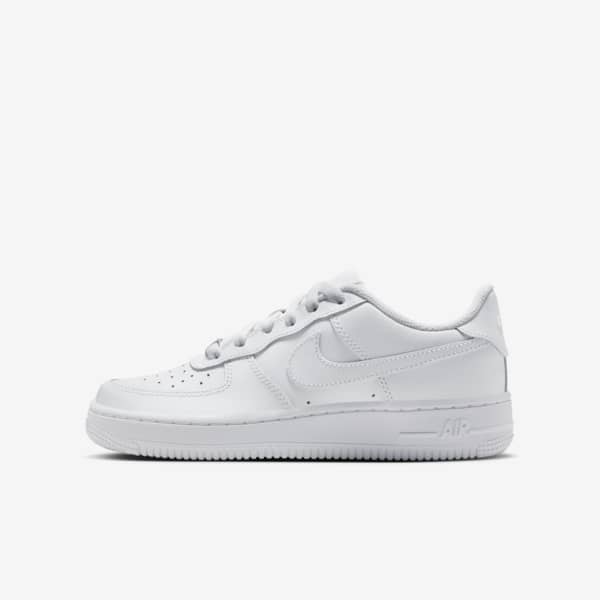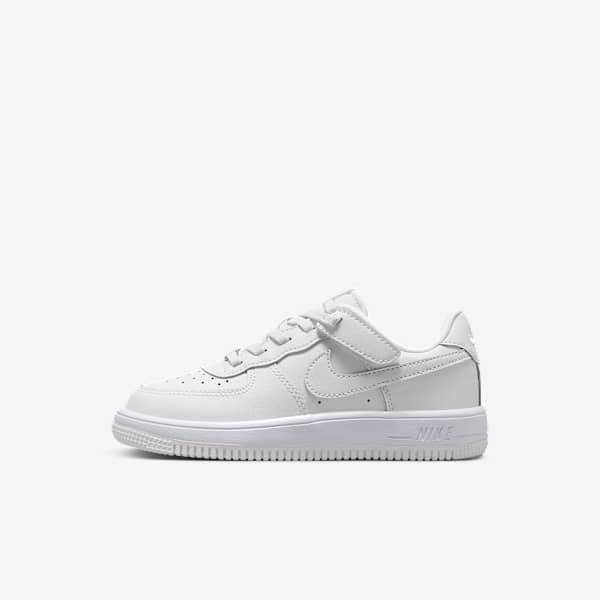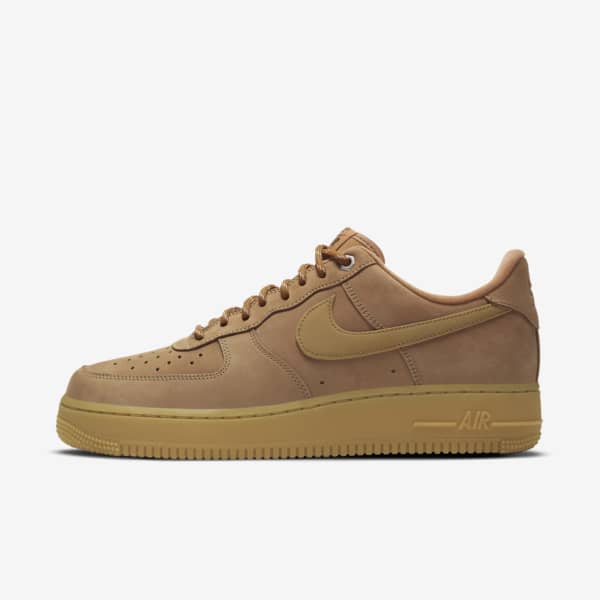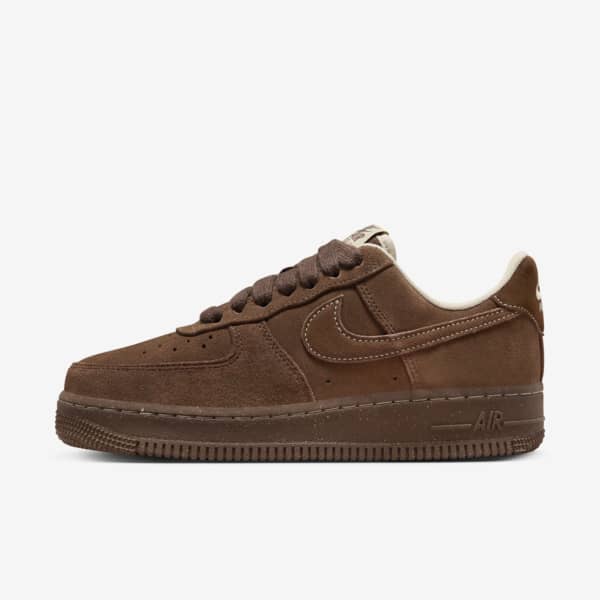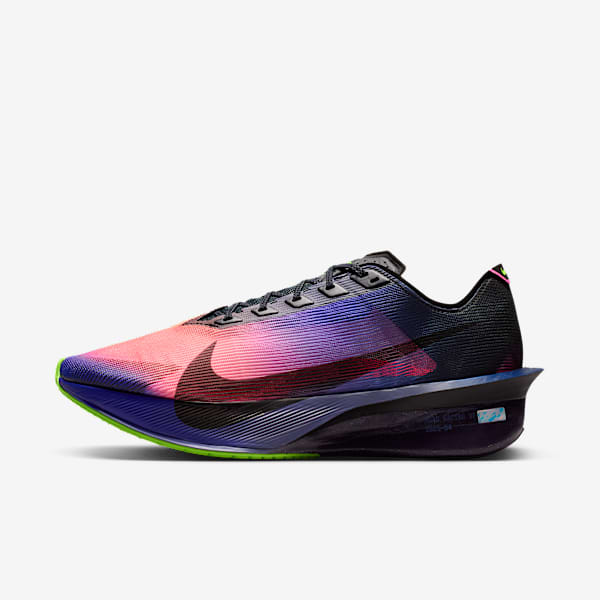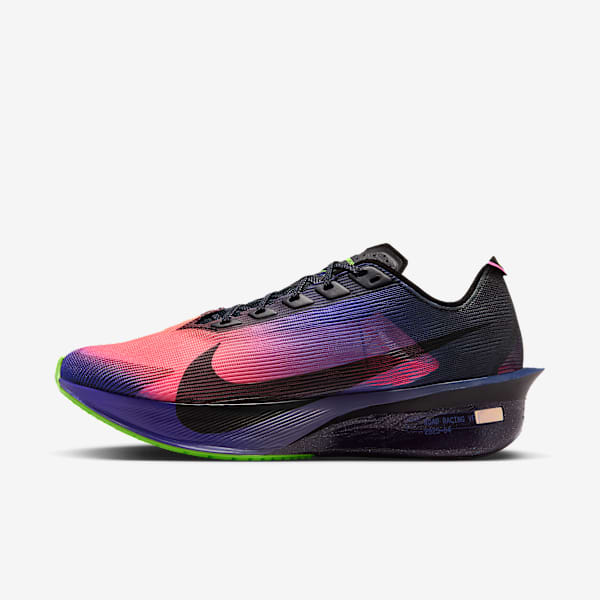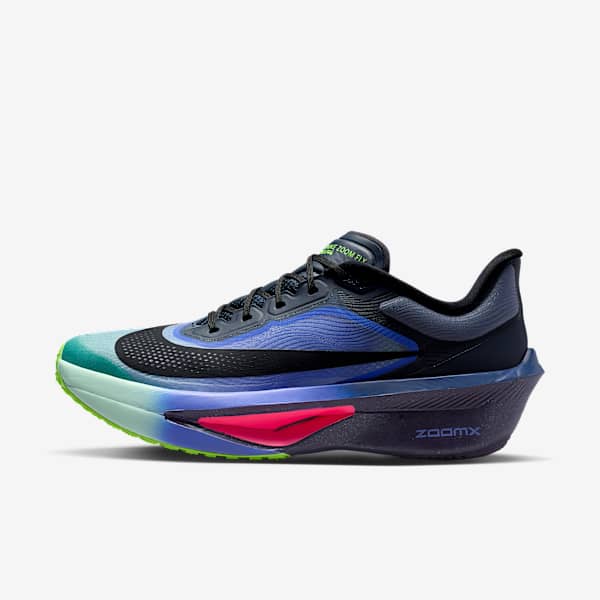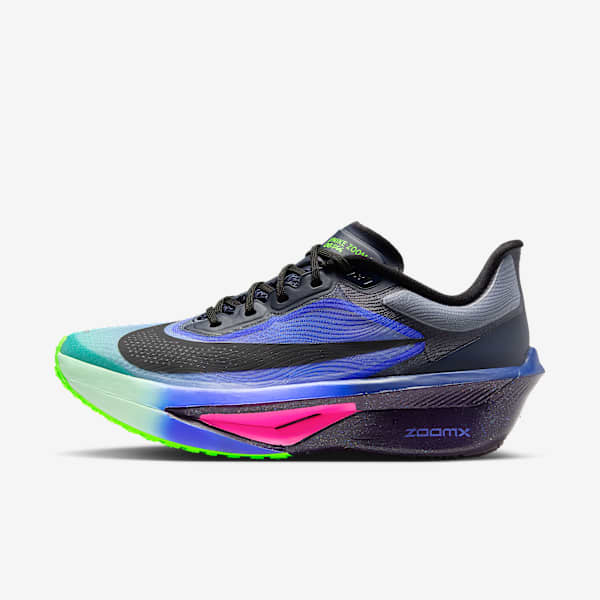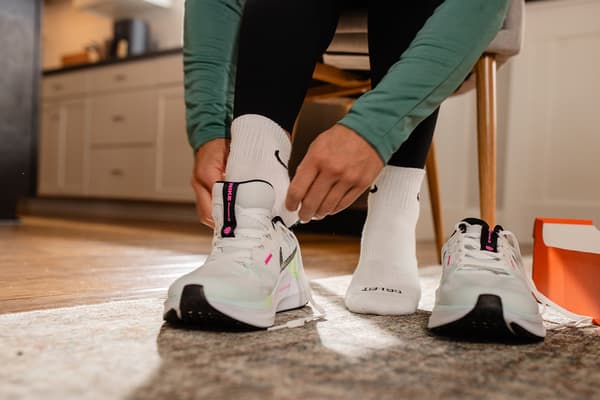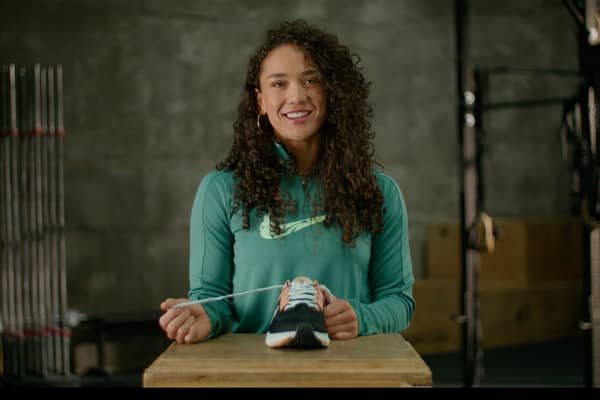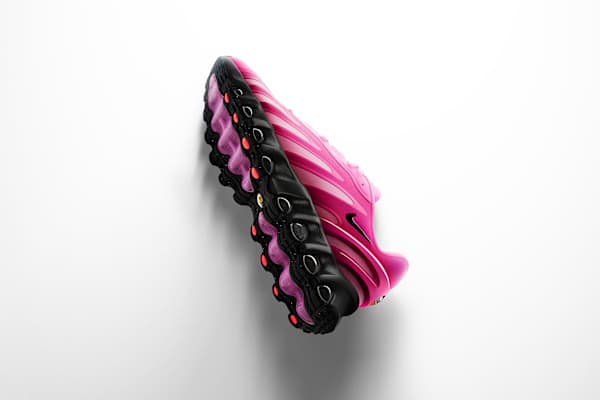How to Remove Odor from Shoes
Product Care
We all have a favorite pair of sneakers that stink a bit. Fortunately, there are some ways to deodorize your shoes and make them smell good again.

Smelly shoes are an all-too-common issue. They can be annoying, as no matter how much you clean your feet, your sneakers still smell. At worst, stinky shoes can be unpleasant, forcing you to ask, “How can I remove the smell from my shoes?”
Bacteria are the culprits of stinky shoes. They grow in large numbers on your feet, producing organic acids — methanethiol, isovaleric acid and propanoic acid — as waste products. While these bacteria aren’t harmful, they can leave a lingering stink.
For example, methanethiol is produced as a byproduct of Brevibacterium, the primary bacteria found on the feet. This organic acid has a distinct sulfuric stench that resembles rotting cabbages.
Even with the best foot hygiene, your feet may still smell. That's partly because your feet contain more sweat glands per square inch than anywhere else on your body. While sweat itself doesn’t smell, those bacterial waste products do. Shoes are an ideal breeding ground for bacteria because they trap sweat and moisture, creating an environment for bacteria to thrive.
8 of the Best Ways to Remove Shoe Smell
1. Wear Socks
Going sockless is a surefire way to lead to stinky shoes due to sweat. “Sweating itself isn’t creating the odor, but the bacteria [on your skin] like moisture, so they’re drawn to a damp environment,” says Erica Coviello, a certified personal trainer, RRCA certified running coach, and former science teacher. “The odors come from the waste produced when these microorganisms digest what they’re eating.”
The right socks will wick moisture away from your skin, keeping your feet drier, thus helping you avoid bacteria growth, according to Coviello. “At the very least, good socks will keep the moisture contained in the sock — which can go right in the laundry — rather than in the shoes themselves as would happen if you ran sockless,” she says.
So, what’s the best type of sock to prevent too much sweat? According to Nike product line manager Dustin Narde, wool socks are the way to go — and Coviello agrees. “The oils in the wool fibers act as a barrier to bacteria, making them natural odor-fighters,” she says. “What’s more, lots of people who are allergic to wool or lanolin might find modern wool blends in athletic wear much more comfortable and less likely to irritate them than, say, a traditional Irish sweater.”
You should replace your socks every six to 12 months. If you’re looking for a solid wool sock, a great option is the Nike Everyday Wool Cushioned Crew Sock ($30). Synthetic materials, like polyester, also wick moisture away from your feet to keep your skin as dry as possible, Coviello says. The Nike Everyday Plus Cushioned Sock ($22) is made from a polyester blend, and its Nike Dri-FIT technology helps your feet stay dry and comfortable throughout the day, no matter what activity you’re doing.
2. Spritz of Vinegar
Another way to make your shoes smell good is vinegar. It neutralizes odors and fights bacteria, per a 2014 study in mBio. Mix white vinegar with water in equal parts in a spray bottle. Spray the solution inside the shoes after use and allow it to dry. Doing this to your sneakers after sports or exercise will keep them smelling fresher for longer.
Tip: To maximize the effect, clean your shoes thoroughly inside and out before applying the solution.
3. Baking Soda
Want to deodorize your shoes with a home remedy? Use baking soda. It’s a natural deodorizer that absorbs smells and bacteria. There are two different ways to use baking soda to deodorize shoes:
- Mix ¼ cup of baking soda, ¼ cup of baking powder, and ½ cup of cornstarch. For an extra scent booster, add a few drops of your favorite essential oil (see below). Put one half of the mixture in one sock and the other half of the mixture in the other sock. Tie each sock off by making a knot at the top and place one sock in each shoe, leaving them overnight. This method and combination of ingredients will absorb odors in your shoes.
- Alternatively, you can sprinkle straight baking soda directly into the shoes and leave them for at least 24 hours.
4. Essential Oils
Tea tree, clove and cedarwood essential oils are all popular natural deodorizers with antifungal properties. For example, a case study published in Mycobiology in December 2007 found that clove essential oil strongly inhibits bacteria growth on the feet to eliminate odor. These oils are a triple threat: fighting bacteria, eliminating odor and leaving a nice scent.
Put a few drops of essential oil directly into your sneaker and let it air out. Alternatively, you can mix essential oils with other home remedies, such as baking soda or vinegar.
5. Soap
Another home remedy to remove sneaker odor is to drop a bar of soap into each shoe and leave it overnight. Soap kills bacteria and the smell they produce. Plus, soap is porous, so it absorbs the smell and replaces it with a clean, soapy scent.
Tip: Make sure your bars of soap aren’t wet before adding them to the shoes, as moisture will only encourage bacteria.
6. Sunshine
Drying out any excess moisture from shoes is an easy and effective way to rid them of odors. Put your shoes in direct sunlight for a few hours after exercise to let them dry completely before their next wear.
7. Good Foot Hygiene
It’s important to take extra care when cleaning your feet. Make sure to apply soap or a cleanser between each toe and across the sole of the foot and rinse well. Here are a few more foot hygiene tips to eliminate shoe odor:
- Wash socks after each wear.
- Change out of your socks and shoes right after a workout to avoid smells getting trapped.
- Dry your feet after cleaning them. Any moisture left on your feet encourages bacterial growth.
8. Check Your Insoles
If you’ve been wearing the same insoles for years, it’s probably time to replace them. Often, insoles are the source of smelly shoe odors. “Insoles are made of porous materials and will absorb and retain any moisture in the area, creating a breeding ground for odor-causing bacteria,” Coviello says.
You might find that replacing your insoles eliminates that persisting funky smell. Look for materials like open-cell foam or natural fibers that can either trap or wick away moisture rather than letting it sit and fester in other parts of your shoe, Coviello says. “You can also look for brands or models that are treated with antimicrobial agents to inhibit bacterial growth and/or have ventilation holes, designed for airflow, both of which will help shoes dry out faster and minimize moisture accumulation,” she says.
Words by Danielle Zickl
